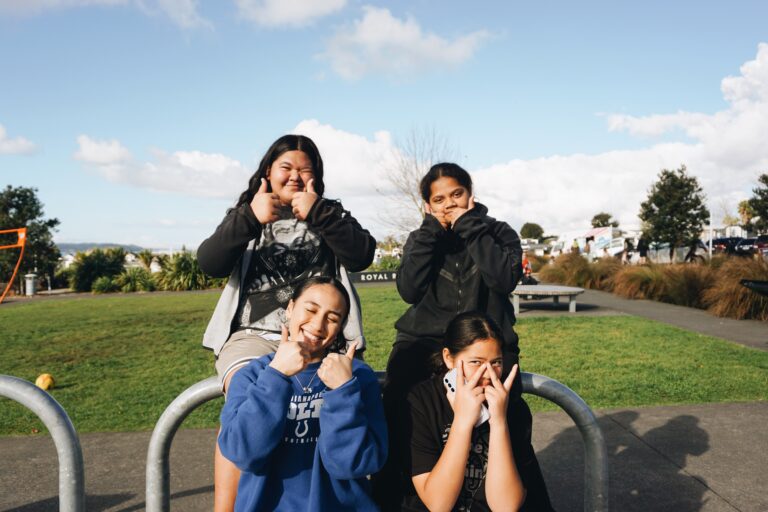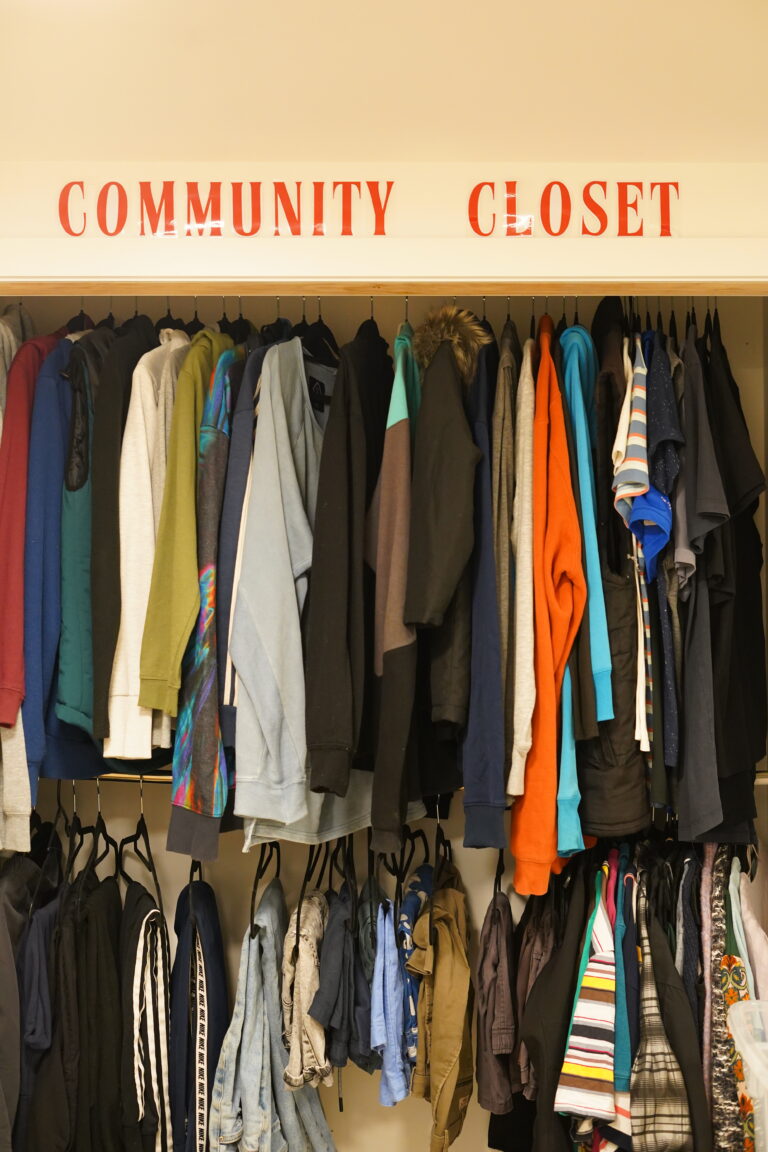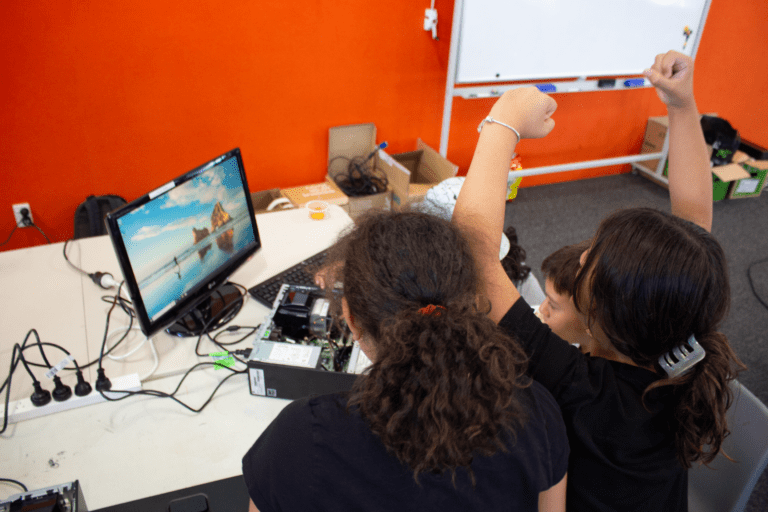This article first appeared on the Unitec website. Check it out here!
“A lot of our young people are disconnected, but a bad action doesn’t make them a bad person,” says Philip
“Growing up is a learning process,” he adds. “Sometimes young people will be going through a lot, with no school support, no family support, and they might just need somebody to talk to.”
While studying, Philip is working at Zeal, a not-for-profit New Zealand youth organisation based in West Auckland that aims to “help young
More specifically, he’s working (both as part of his placement, and as an employee) on Zeal’s Detached Youth
Philip’s role involves hitting the streets of
The Detached Youth project was initially piloted in
“The key to changing young people’s lives is having a positive relationship with them,” he says. “The kids that we work with have never had much positive in their life… not had a mum, not had a dad, not had a stable home. So we’re there to be a positive influence. It’s about creating that type of relationship with our young people. Sometimes it just takes an adult to say, ‘I care about you, let’s talk, let’s go and get lunch’ … that sort of thing can change a life.”
Philip is a natural born youth worker, he says. “He’s very passionate about young people, he knows a lot of people and a lot of people know him. His character attracts people, especially young people — he’s funny, he’s gentle, he’s nice. I think he’s a really awesome youth worker and he’s going to go far.”
Philip knows how easy it is for a young person to lose their way. There was a time in his teenage years when he was living in
“It’s about giving back to my community,” he says, of his role as a youth worker. “I want to help our young people get a second chance in
It’s not always easy. “It takes a lot of time, a lot of patience, but the people I’m working with understand I’m only here to guide them to where they want to be, and I won’t force them. Sometimes you just need to let them talk. And then you can build on that relationship, and suggest where they can get some of the support they might need.”
But what exactly is a youth worker, and how is it different from a social worker? It may still be perceived as a
After all, people who want to become a teacher are likely to be attracted to particular age
For those who have a passion
As people specifically qualified in Youth Development are still a rare breed in New Zealand, they can be confident of getting a job, notes Daniel Stamp, academic leader, BHSD. “Organisations are crying out for people with that kind of qualification and we offer one of the few Youth Development programmes around.”
Asked if he thinks he’s yet made a difference in people’s lives, Philip is modest, but he certainly intends to. “I’m building upon work with Zeal and will keep doing that. I’ll say I’m developing, but I have years to learn as a youth worker.”



